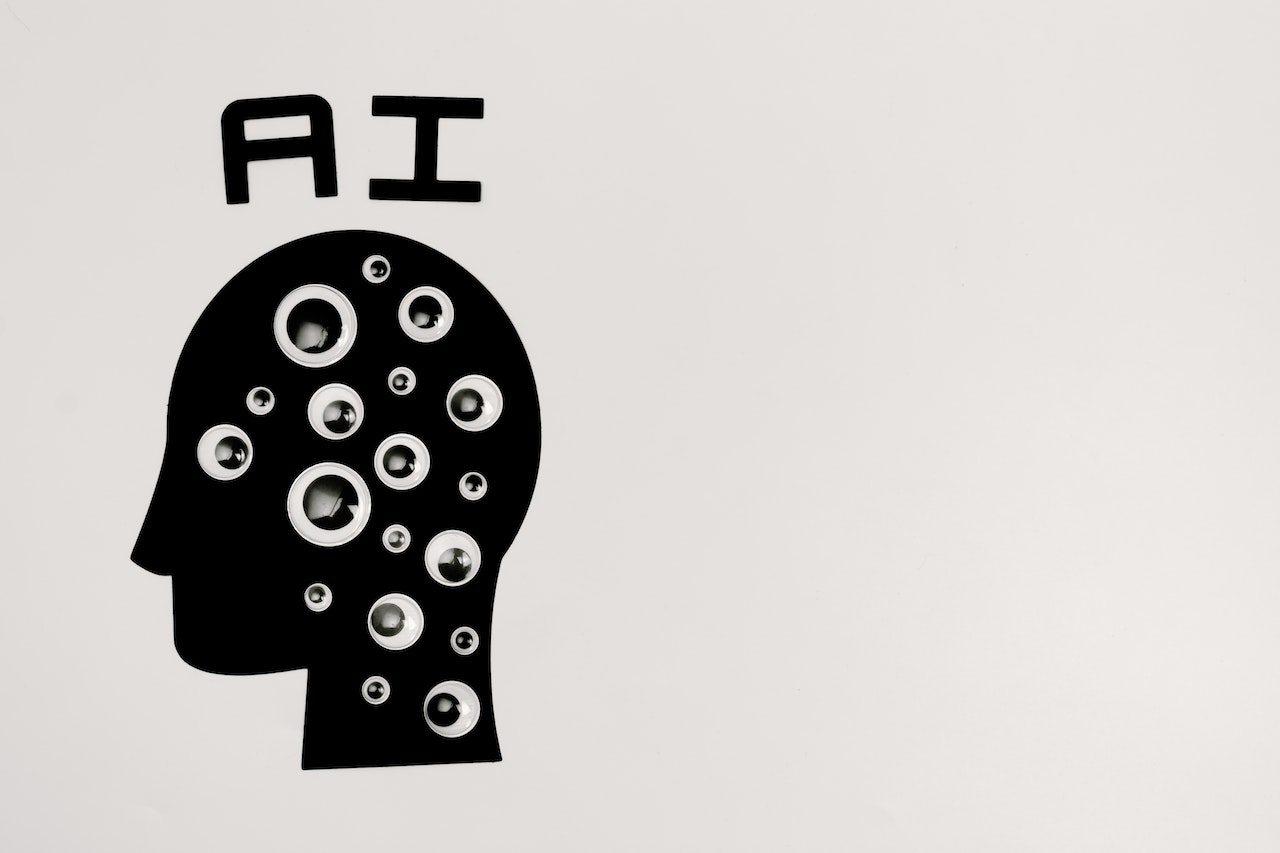
Pancreatic cancer is one of the most deadly and difficult-to-treat forms of cancer, with a five-year survival rate of only 10%. Early detection is crucial for improving the chances of successful treatment, but most cases are diagnosed at an advanced stage, when symptoms become noticeable.
However, a new study published in Nature Communications suggests that artificial intelligence (AI) could help identify people at high risk of developing pancreatic cancer before they show any signs of the disease. The researchers used a deep learning model to analyze blood samples from over 22,000 people, including 578 diagnosed with pancreatic cancer within two years of giving blood.
The AI model was able to detect subtle patterns in the blood biomarkers that indicated a higher likelihood of developing pancreatic cancer. The model achieved an accuracy of 86% in predicting which people would be diagnosed with pancreatic cancer within two years. The researchers also validated their findings in an independent cohort of over 1,000 people.
The study’s lead author, Dr. Ruijiang Li, from Stanford University, said: “Our study demonstrates the potential of AI to discover novel signals in blood that could indicate impending pancreatic cancer. This could lead to the development of a non-invasive test that could be used for screening people at high risk of this disease, such as those with a family history or new-onset diabetes.”
The researchers cautioned that their study was limited by the retrospective nature of the data and the relatively small number of pancreatic cancer cases. They said that more research is needed to confirm the validity and generalizability of their findings, and to explore the biological mechanisms behind the blood biomarkers identified by the AI model.
Dr. Li added: “We hope that our study will inspire more research on AI for early detection of pancreatic cancer, as well as other types of cancer. AI could be a powerful tool for saving lives and reducing the burden of this devastating disease.”
